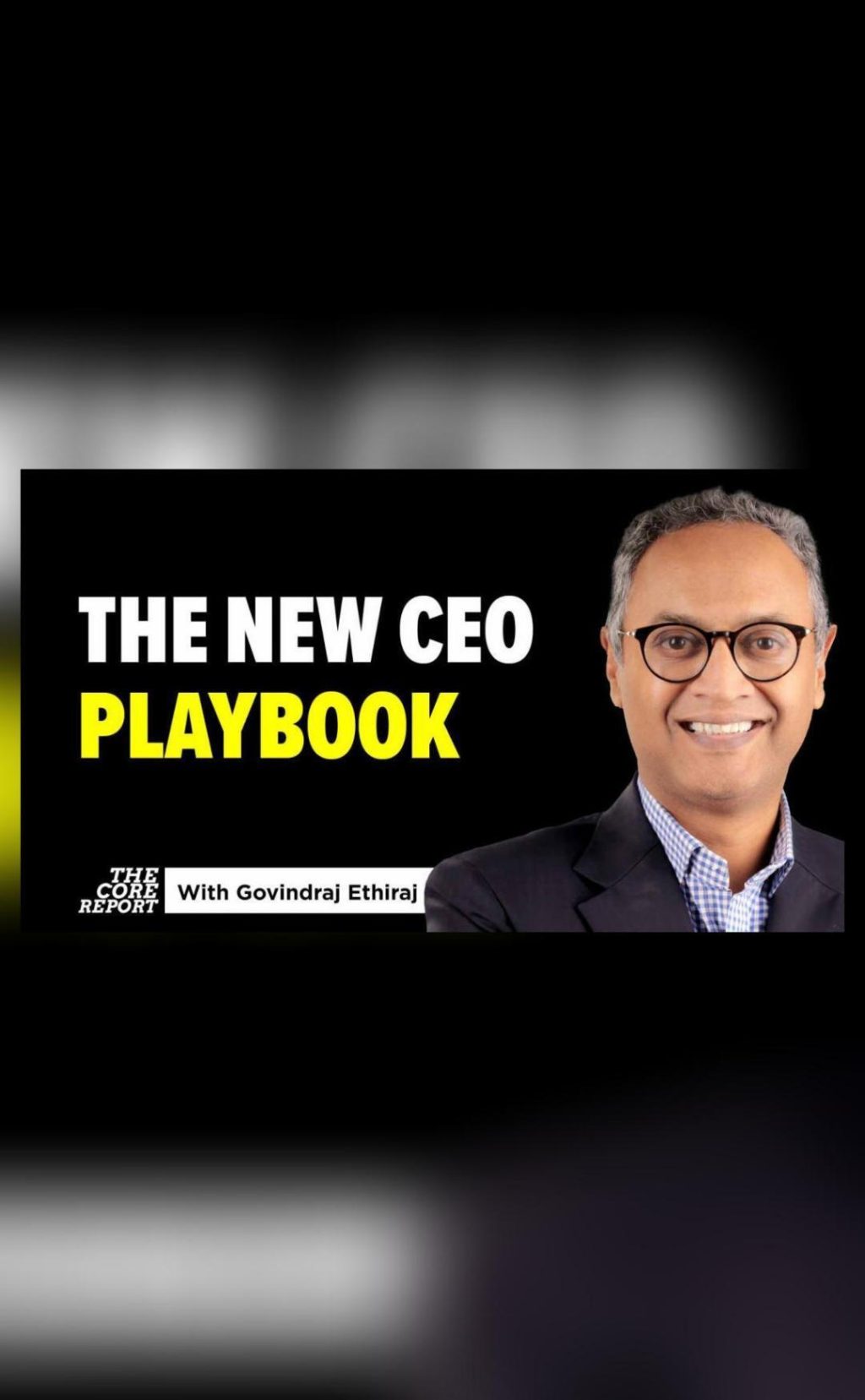
The New CEO Playbook: AI Pressures & Global Tariff Shocks
In today’s fast-paced and rapidly changing business landscape, CEOs face unprecedented challenges that require a recalibration of their strategic approach. The confluence of artificial intelligence (AI) and global tariff shocks has created a perfect storm of disruption, forcing companies to rethink their operations, product offerings, and business models. As AI reshapes industries and tariff shocks disrupt trade, CEOs must navigate these turbulent waters with agility and foresight.
Internal Pressures: The AI Imperative
The AI revolution has created a sense of urgency within companies, as they recognize the need to automate and innovate to remain competitive. CEOs are under pressure to transform their organizations, leveraging AI to enhance operational efficiency, improve decision-making, and drive innovation. This requires significant investments in AI research and development, as well as the development of new skills and talent within the organization.
According to a McKinsey report, AI adoption has the potential to increase profitability by up to 25% in the next few years. However, this requires a fundamental shift in how companies operate, with AI-driven decision-making becoming the new norm. CEOs must prioritize AI adoption, while also addressing the potential job displacement and re-skilling needs within their organizations.
External Pressures: The Tariff Shock
Meanwhile, global tariff shocks have sent ripples throughout the business community, as companies grapple with the implications of escalating trade tensions. CEOs must navigate the complex landscape of tariffs, quotas, and trade agreements, which can have a significant impact on their bottom line.
The trade war between the United States and China has created uncertainty and volatility, with companies struggling to adapt to the rapidly changing trade landscape. CEOs must be prepared to pivot their supply chains, product offerings, and pricing strategies to accommodate the new reality.
The CEO Playbook: Strategies for Success
In the face of these unprecedented challenges, CEOs must develop a playbook that addresses both internal and external pressures. Here are some key strategies for success:
- Embrace AI Adoption: Prioritize AI adoption, investing in research and development, and developing new skills and talent within the organization.
- Localize and Adapt: Focus on localizing supply chains, adapting product offerings, and re-prioritizing product development to address tariff shocks.
- Reimagine Business Models: Rethink long-held business models, exploring new revenue streams and partnerships to drive growth and innovation.
- Diversify and Hedge: Diversify supply chains, products, and markets to mitigate risks and capitalize on opportunities.
- Develop Resilience: Build organizational resilience, prioritizing agility, flexibility, and adaptability in the face of uncertainty.
Case Studies: CEOs Who are Navigating the Challenges
Several CEOs have successfully navigated the challenges posed by AI pressures and global tariff shocks. Here are a few notable examples:
- Microsoft’s Satya Nadella: Nadella has prioritized AI adoption, recognizing its potential to drive innovation and growth. The company has invested heavily in AI research and development, with a focus on developing new skills and talent within the organization.
- Amazon’s Jeff Bezos: Bezos has successfully adapted to the tariff shock, leveraging the company’s global supply chain and logistics capabilities to navigate the complex trade landscape.
- Cisco’s Chuck Robbins: Robbins has prioritized diversification and hedging, recognizing the need to mitigate risks and capitalize on opportunities in a rapidly changing market.
Conclusion
The new CEO playbook is clear: AI pressures and global tariff shocks require a fundamentally different approach to strategy and operations. CEOs must prioritize AI adoption, localize and adapt to tariff shocks, reimagine business models, diversify and hedge, and develop resilience.
In today’s fast-paced and rapidly changing business landscape, CEOs who can navigate these challenges effectively will be the ones who drive growth, innovation, and long-term success. As the global business community continues to evolve, one thing is certain: the CEO playbook will continue to require a recalibration of strategy and operations to respond to the changing demands of the market.
Source: https://youtu.be/0osLVVtj7tY






